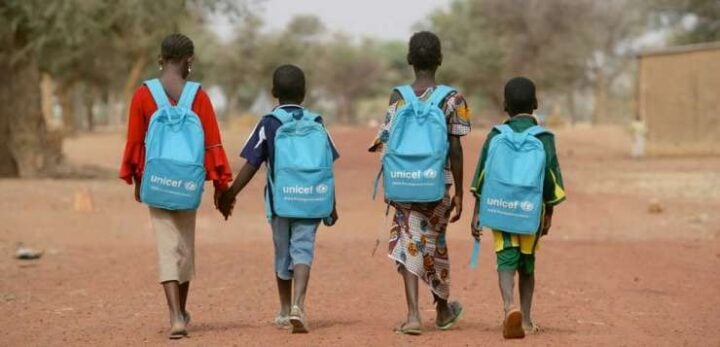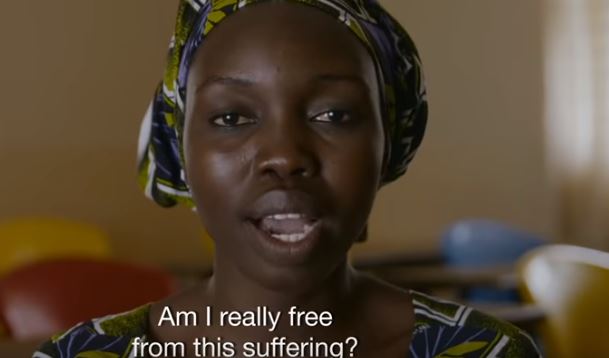A rise in the number of internally displaced children and a corresponding increase in birth rates have led to a surge in the number of out-of-school children in Nigeria.
The number of out-of-school children rose from 10.5 million in 2010 to 13.2 million in 2015, a Demographic Health Survey (DHS) conducted by the United Nations Children Fund (UNICEF) and the Nigerian government revealed.
Hammid Bobboyi, executive secretary of the Universal Basic Education Commission (UBEC), made this known at a pre-conference briefing in Abuja on Thursday.
The briefing was held ahead of the Northern Nigerian Traditional Rulers Conference on Out-of-School Children, which is billed to hold on October 10 and 11.
Advertisement
Bobboyi, who was represented by Bello Kaigara, director of social mobilisation, UBEC, said the activity of Boko Haram is a key factor that led to the increase.
He said the increase has hampered socio-economic growth in the country, since the children affected do not benefit from educational programmes put in place for them.
“If you add the number of children that have been displaced and the increasing number of birth, you find out that our source in DHS conducted by UNICEF published in 2015 reveals the number of out of school children increased to 13.2 million,” he said.
Advertisement
“Over the last few years, Nigeria has been besieged by Boko Haram and lots of children have been put out of school.
“This is equally affecting the implementation of some education treaties that Nigeria is a signatory to.”
Also speaking at the briefing, Terry Durnnia, education chief, at UNICEF said 45 percent of out-of-school children in West Africa are Nigerians.
“The number of out of school children calls for serious concern. Nigeria should take on the challenge of reducing out of school children,” he said.
Advertisement
“UNICEF will only lead and support the process of reducing out of school children.
“Low budgetary allocation to education is a bane to the sector at all levels.”
In July, Azuka Menkiti, UNICEF education specialist, said 50 percent of pupils in the north do not further their education.
She said a study conducted by the organisation revealed that most of the school-aged girls who fell under that category were either married off or forced into child labour.
Advertisement
Add a comment






